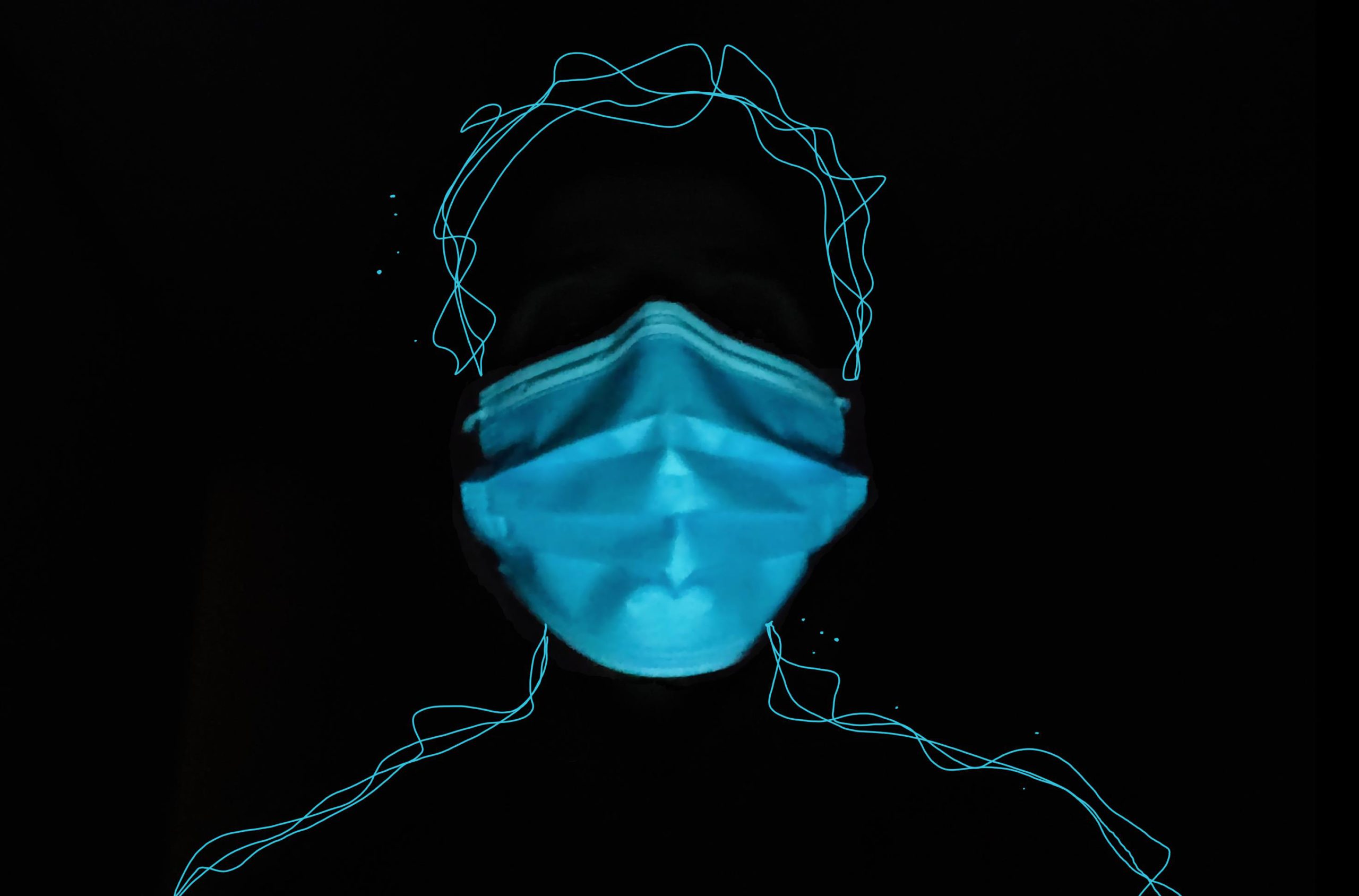Using the Cambridge Face Memory Test – Kids (CFMT-K) on 72 children, ages six to 14 years old, York researchers Andreja Stajduhar, Dr. R. Shayna Rosenbaum, and Dr. Erez Freud found that children have more difficulty in recognizing faces and registering facial expressions compared to adults.
“We chose the six to 14 year old age range because it reflects children that actually attend elementary school in Canada — grades one through eight. Obviously there are some very interesting questions about younger children, but it’s much harder to test those kids especially when we had to test all the children online,” says the study’s senior author and York Assistant Professor, Erez Freud.
Andreja Stajduhar, the lead author and researcher of the project who was also an undergraduate at the time, also points out, “There is evidence that the face recognition system matures in teenagehood and early adulthood, and that it’s still maturing in infancy and toddlerhood. To really get a sense of face recognition in children, it made sense to choose an age range outside of these two periods where developmental and cognitive changes are especially abrupt and prominent.”
Using the CMFT-K, Freud and Stajduhar’s team presented subjects with photos of faces both upright and inverted, and masked and unmasked, and were the first to conduct research around this topic of face recognition and perception abilities, beginning their research on adults as early in the pandemic as May 2020 and recently moving on to children.
“We found that adults show a deficit in face perception abilities when asked to recognize people wearing masks. We also found a decrease or changes in the way we process faces. Instead of processing faces as a whole, we suddenly have to process them in a more featural fashion,” explains Freud.
“Face masks have a detrimental effect on our ability to recognize faces as we’ve seen before, and this carries over to children as well. It goes to show that the face recognition system in humans is very sensitive to missing information,” says Stajduhar.
“Our findings in general show how important successful face recognition is to social interaction. This realization becomes especially important with children because they are just starting to navigate friendships, they are just starting to learn how to interact with others, and face masks make learning and refining that skill a little more difficult.”
While effects are present in adults, research findings show that the extent to which children are affected is greater than in adults, with children at a 20 per cent impairment rate compared to the adults’ 15 per cent impairment.
Research has also proven that while both facial recognition and emotion recognition are affected in adults and children, the consequences may be more significant for children as this can impair relationship-building abilities with peers and educators.
Stajduhar also says that “as we emerge from the pandemic, it will be necessary to seriously consider having mask-free public spaces for children where they can interact with their peers in a more natural and meaningful way, while of course maintaining a safe space for everyone. It will be interesting to see how we strike this balance in a post-pandemic world.”
Of their experience leading a research project as an undergraduate student, they say they’ve “learned so much about the scientific process and about how professional research is done, and that it was an incredible albeit accelerated learning experience.”
For over two years, Freud’s team has also been conducting research into adults’ ability to get better at recognizing masked faces, with hopes that findings will be published soon. This research will be critical in telling us of our abilities to learn and adapt.
“Currently adults have shown no improvement whatsoever,” Freud says, but our access to mask-free spaces and technology, such as Zoom, may be a key hindrance in this area of development as the mask experience is “not complete, but hybrid.”


